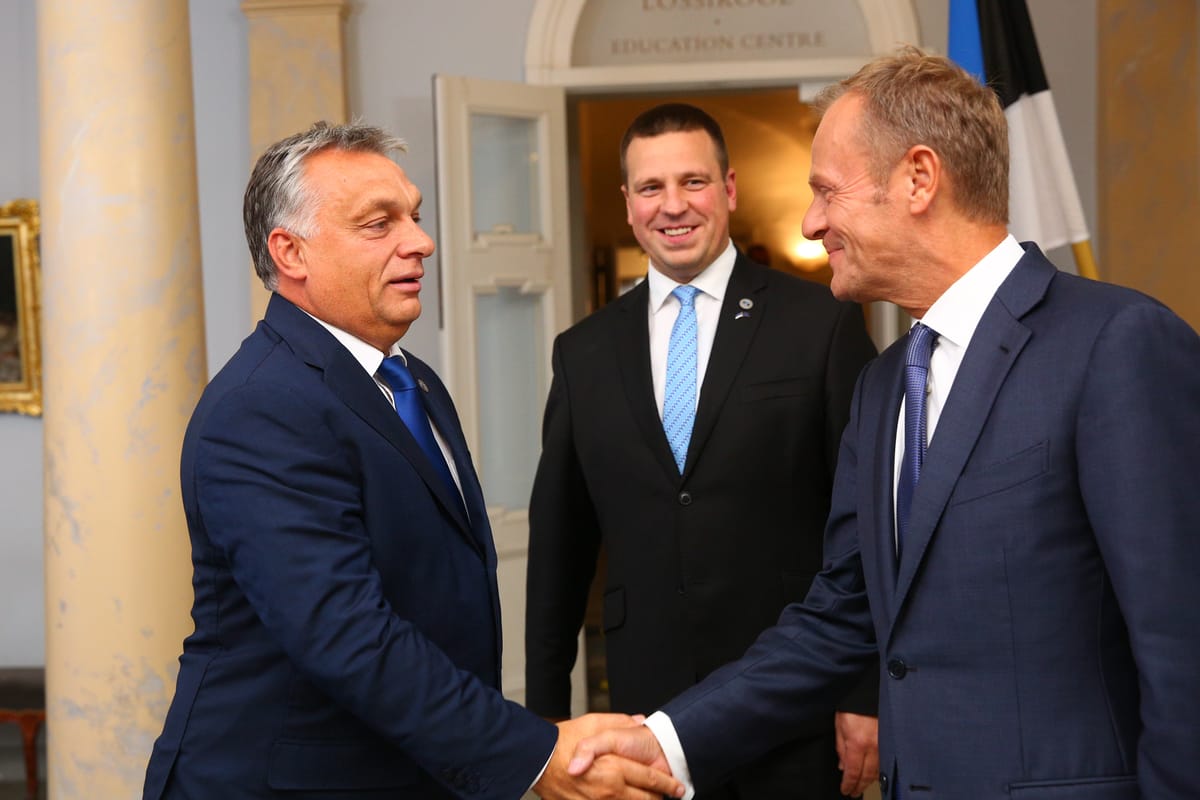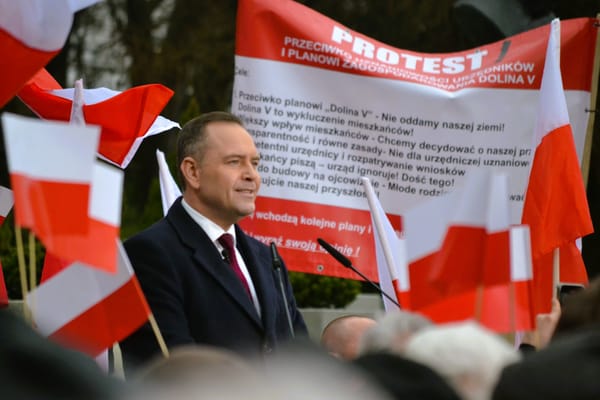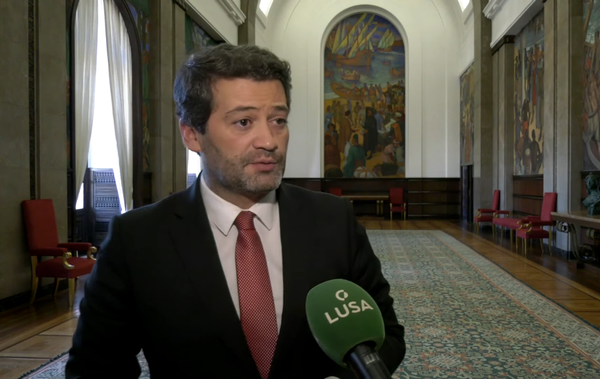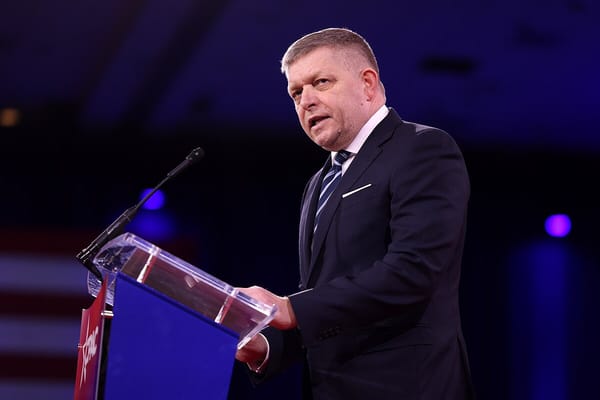Orbán takes aim at Tusk over Ukraine
Hungarian Prime Minister Viktor Orbán delivered a sharp rebuke to Polish counterpart Donald Tusk after Tusk declared that the war in Ukraine was “our war” — asserting that Poland’s fate is inseparable from Kyiv’s struggle.

But Orbán disagrees forcefully, insisting that Hungary will not be dragged into a conflict that is not Europe’s to fight.
Clash over NATO, Ukraine, and national interest
At the Warsaw Security Forum, Tusk stood before an audience that included Ukraine’s President Zelensky and called the war a defining mission for Poland — framed as a struggle for freedom, sovereignty, and European values. He claimed that a defeat in Ukraine would ripple across all of Europe, threatening freedom and inviting authoritarianism to expand.
Orbán, however, sees such a posture as reckless:
“Dear Donald Tusk, you may think that you are at war with Russia but Hungary is not. Neither is the European Union. You are playing a dangerous game with the lives and security of millions of Europeans. This is very bad!”
He warned that pushing Hungary or the EU into further conflict is a misguided gamble — especially when the geopolitical cards are already stacked in Moscow’s favor.
Orbán has long resisted aggressive military involvement. He has refused to send lethal aid to Kyiv, arguing that such engagement could escalate tensions into a wider war. Instead, his government has accepted Ukrainian refugees and approved some EU sanctions — but only under conditions that protect Hungarian interests.
He remains one of the few European leaders openly maintaining working ties with Vladimir Putin, along with Slovakia’s Robert Fico. Hungary has also criticized Poland for “morally lecturing” while continuing to trade Russian energy and commodities.
What this conflict signals for Europe
This confrontation is more than a spat between two leaders. It reveals a growing fault line in Europe — between those pushing for maximum involvement in Ukraine and those insisting on restraint, sovereignty, and the primacy of national interest.
Poland demands that Europe stand as one, ready to combat Russian expansion. Hungary argues that forced involvement in someone else’s war is a betrayal of what it means to be a sovereign nation.
For those who believe Europe’s future lies in strength, identity, and prudence, Orbán’s stance sends a bold message: Europe cannot be dragged into perpetual war by ideological postures or moral grandstanding. It must act in its own interest, protect its people, and reclaim control over its destiny.





